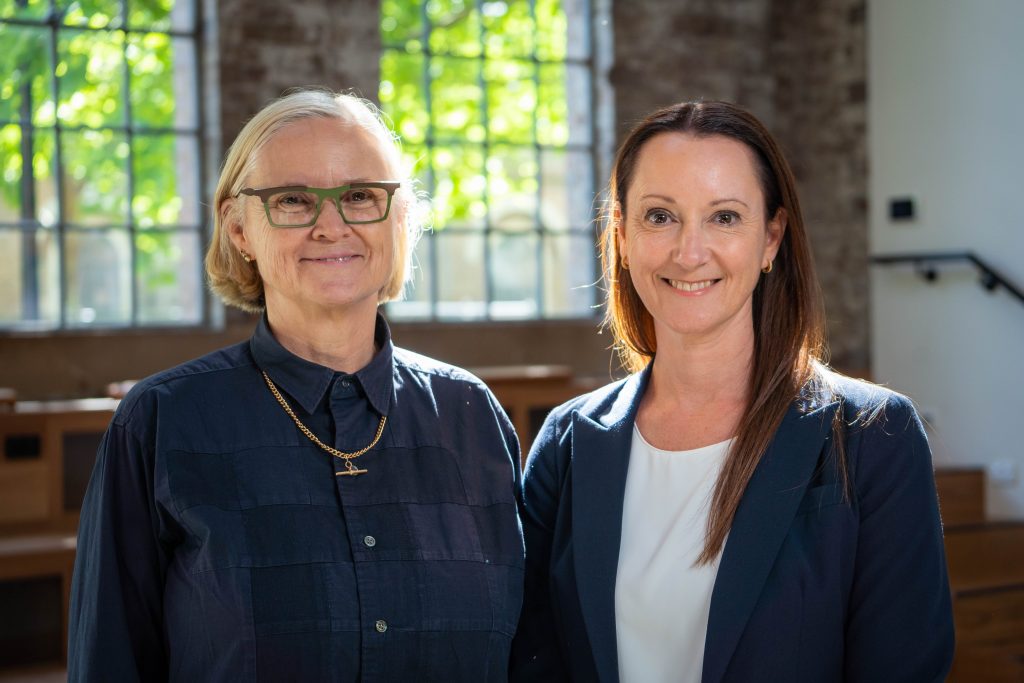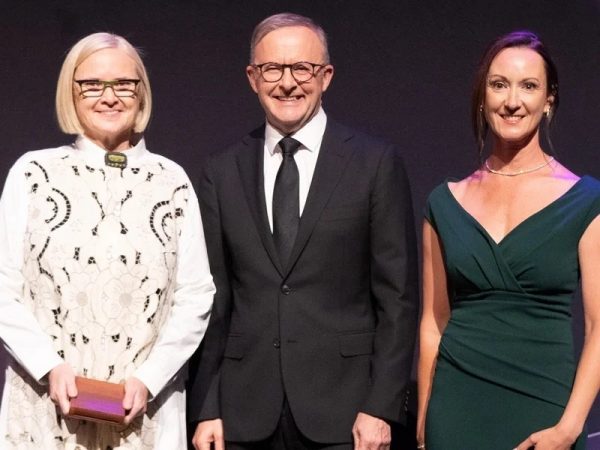Bringing diagnostics up to speed to tackle antimicrobial resistance
Alison Todd and Elisa Mokany are developing diagnostic tests that can detect antimicrobial resistance at their award-winning Sydney biotechnology company SpeeDx.
Just over a decade ago, biotechnology researchers Alison Todd and Elisa Mokany had one simple goal: to develop diagnostic tests that trumped all others on the market. Their vision was to create a two-in-one test that could identify disease-causing pathogens while also pinpointing genetic markers for antibiotic resistance. The idea was to help clinicians prescribe the most effective drug for each individual patient, an approach known as personalised medicine.
“We always had the goal to develop something that was really beneficial, cost effective, and easy to use,” says Mokany, who is chief technology officer at SpeeDx. “There is a clear medical need here that is not currently being serviced by anyone else.”
Their idea was a gamechanger. In 2009, Todd and Mokany co-founded biotechnology company SpeeDx in Sydney to develop and commercialise diagnostic tools that could improve patient outcomes. They’re helping address massive problems such as cancer and antimicrobial resistance, a challenge the World Health Organisation has flagged as a threat to global health and development.
Since opening its doors, SpeeDx has developed more than 45 products sold in almost 20 countries. The company’s diagnostics have been used to test over 10 million people worldwide to date, and more than 80% of Australian laboratories are currently using at least one SpeeDx test to report patient samples.
In 2022, Todd and Mokany won the Prime Minister’s Prize for Innovation for the outstanding contribution to public health they’ve made through their diagnostic tests. The award also recognised the team’s success in building a thriving biotechnology company in Australia.

Among SpeeDx’s growing list of diagnostic targets are sexually transmitted infections. In 2016, the company launched ResistancePlus® MG, a world-first test for Mycoplasma genitalium, one of the most common bacteria behind sexually transmitted genital tract infections.
In addition to detecting the MG pathogen, the test also determines whether patients are infected with a strain resistant to azithromycin, a common antibiotic medication. With this information at hand, clinicians can prescribe other drugs to patients infected with the resistant strain, a benefit that has boosted the overall cure rate for the infection from less than 50% to around 95%. Todd, who is SpeeDx chief scientific officer, says the impact of this improvement reaches beyond the patients being treated.
“The patients are getting the right treatment, which means they’re also not spreading this resistant strain around,” she says. “That has real economic benefits because they’re not coming back to the doctor for multiple visits and treatments, and the next person down the line is also not having multiple treatments and multiple visits.”
Key to the successful roll-out of ResistancePlus® MG was NSW Health’s Medical Devices Fund, which awarded the company a $1.8 million grant in 2014 to help develop their diagnostics and bring them to the international market. In 2017, SpeeDx won a second $2.5 million Medical Devices Fund grant to support the growth of its design and manufacturing capabilities. The grants helped SpeeDx successfully pivot from being a licensor to a manufacturer and take its ResistancePlus® MG test to market in six countries. “They supported that work from the early days, and continue to support it,” says Todd.
SpeeDx shows no signs of slowing down, with several new products entering its development pipeline. This includes a diagnostic tool that can identify several pathogens in a single test and another able to distinguish between active and cleared infections. The team is also continuing to build bridges between universities and industry, and supporting PhD students and early-career researchers who are looking to work in the commercial sector.
“It’s really important to continue building those networks and relationships, and be able to support others,” says Mokany.

Updated 2 years ago